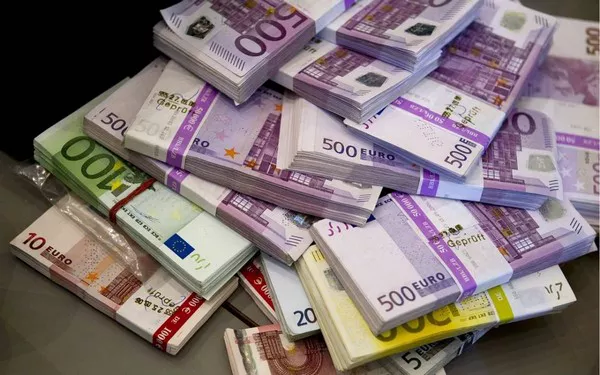In a recent interview with POLITICO, Olli Rehn, Governor of the Bank of Finland, called on the European Union to prioritize political considerations over economic ones when responding to U.S. President Donald Trump’s tariffs on imports from the EU. Rehn stressed the importance of preparing “proportionate countermeasures” to the U.S. tariffs, highlighting that while many economists argue against retaliation due to its potential harm to the EU economy, political factors cannot be ignored.
“There is an economic and a political logic,” said Rehn, a former European economy commissioner. “It’s not just about economics; politics influence the economy.”
Rehn’s remarks, which align with similar comments by European Central Bank (ECB) President Christine Lagarde earlier this week, suggest that the eurozone may be resilient enough to withstand a potential trade conflict with its largest trading partner. According to ECB estimates, U.S. tariffs could reduce the EU’s GDP by 0.3 percentage points over the next year, with a further 0.5 percent decline if the EU retaliates.
Central bankers have been divided on the best response to the political shift embodied by Trump’s trade policies. Rehn’s views position him closer to former Bank of England Governor Mark Carney, who has supported retaliatory tariffs, than to his former ECB boss Mario Draghi, who advocated caution, given Europe’s greater reliance on external trade compared to the U.S.
Rehn acknowledged that significant changes had occurred since the ECB’s last meeting on March 6. While U.S. policies have undermined Europe’s growth outlook, Rehn pointed out that European initiatives, particularly Germany’s defense and infrastructure spending plans, could provide an economic boost.
The Bank of Finland Governor also strongly backed the European Commission’s efforts to increase funding for European defense, citing the “existential threat” posed by Russia. He supported the Commission’s proposal to borrow €150 billion to lend to EU governments for rearmament, creating a European “safe asset” to mitigate risks.
Rehn praised Germany’s decision to lift national borrowing restrictions to fund increased defense spending, especially given the country’s financial capacity. While stopping short of endorsing the seizure of €200 billion in Russian reserves frozen in Europe, Rehn emphasized the need to use these funds for “meaningful” purposes. The reserves are currently being used as collateral for €50 billion in loans to Ukraine by G7 nations.
“I am aware of the legal challenges,” Rehn said, “but this has been discussed in the G7 context and if there is a will, there is a way.”
Related Topics:

























